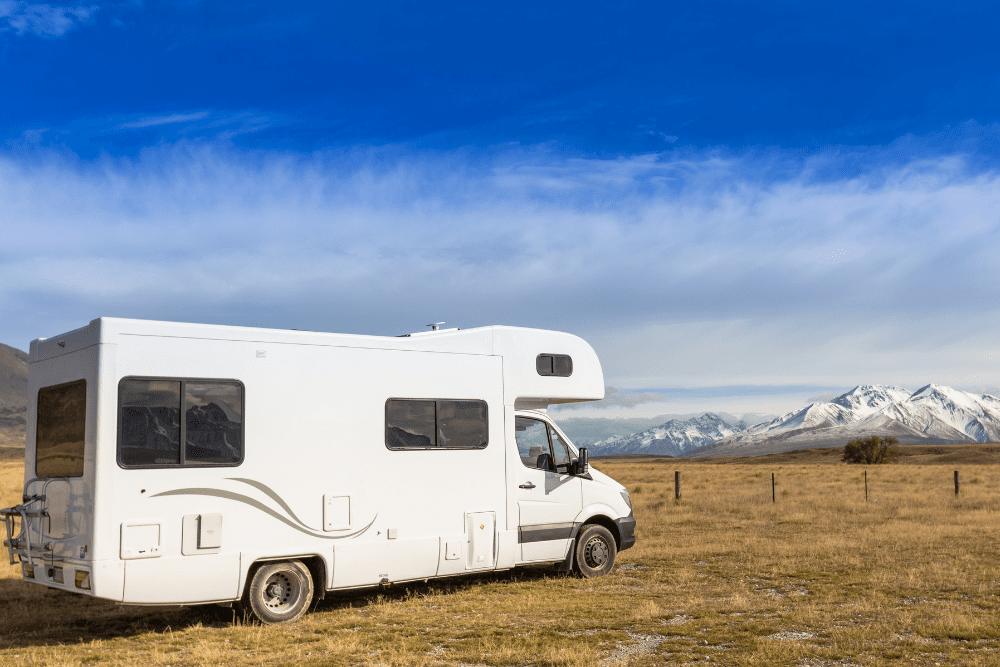Purchasing a recreational vehicle (RV) involves not just financial commitment but also a vision of life filled with adventure and mobility. Before you dive into the purchase, it’s critical to ensure the RV you’re eyeing is up to par in terms of safety, functionality, and overall condition. This is where a pre-purchase RV inspection becomes invaluable. Here’s a detailed look at what such an inspection entails, giving you a roadmap of what to expect when you decide to have an RV checked before finalizing your purchase.
Diagnostic and Mechanical Systems Check
A cornerstone of the RV pre-purchase inspection is the diagnostic check, which examines the vehicle’s onboard diagnostics (OBD) system. This analysis identifies any active, pending, or historical issues with the engine, transmission, brakes, and emissions systems. Not only does this provide a snapshot of the RV’s current health, but it also flags potential future problems.
In addition to the diagnostics, a complete mechanical evaluation is crucial. This includes testing the:
- Engine functionality,
- Transmission condition,
- Drive train integrity,
- Brake systems,
- Hydraulic systems, and
- Electrical systems.
Each of these components plays a vital role in the safety and operability of the RV, making these checks indispensable for any prospective buyer.

Interior and Appliance Inspection
Beyond the mechanical aspects, the RV’s living conditions are equally important. The inspection covers all internal components and appliances to ensure they are operational and well-maintained. This includes the:
- Stove,
- Refrigerator,
- Heating systems,
- Air conditioning,
- Hot water heater,
- Water and gas lines.
An RV is not just a vehicle but a living space. As such, ensuring that every appliance is in working order is essential for both comfort and safety.
Structural and Safety Features Examination
Inspectors also assess the RV’s structural integrity and safety features. This examination includes checking the:
- Walls, ceiling, and flooring for moisture using a moisture meter,
- Exterior panels and compartments,
- Tires,
- Brakes,
- Leveling systems,
- Generators,
- Batteries,
- Fire extinguishers,
- Carbon monoxide detectors,
- Electrical systems, and
- Propane systems.
The structural assessment ensures that the RV is not only built to last but also safe for road trips and living. Given that moisture can lead to significant issues like mold and structural damage, this aspect of the inspection is particularly critical.
Roadworthiness and Drive Test
If conditions permit, a test drive is part of the inspection to gauge the RV’s roadworthiness in real-time. This test helps verify the vehicle’s handling, braking, and overall performance on the road. It’s an invaluable part of the inspection that can reveal problems not apparent in a stationary check.
Additional Specialized Testing
For an even deeper look into the RV’s condition, additional tests can be conducted, including:
- Relative Compression Test: This uses a Digital Storage Oscilloscope (DSO) to compare cylinder pressures, helping identify potential engine issues.
- Power Balance Test: It determines if a specific cylinder is causing a lack of power or disrupting the engine’s balance.
- Fuel Injector Balance Rate Test: This test identifies underperforming fuel injectors, which are crucial for efficient engine performance.
These specialized tests are designed to unearth problems that, while not immediately debilitating, could lead to significant repair costs down the line.
Why Choose a Third-Party Inspection?
Selecting an independent, third-party inspection service is vital. It guarantees that the inspection is unbiased and not influenced by a seller who may have a vested interest in the outcome of the sale. Third-party inspectors are focused solely on providing a detailed, objective report on the RV’s condition.
This kind of thorough inspection provides peace of mind to buyers, confirming that the vehicle is not only fit for the road but also a worthy investment.
If you’re looking for expert advice and a thorough inspection service for your next RV purchase, ensure you choose a reputable provider. Their detailed inspection could save you from costly repairs and help secure a vehicle that offers both safety and enjoyment for your travels.
